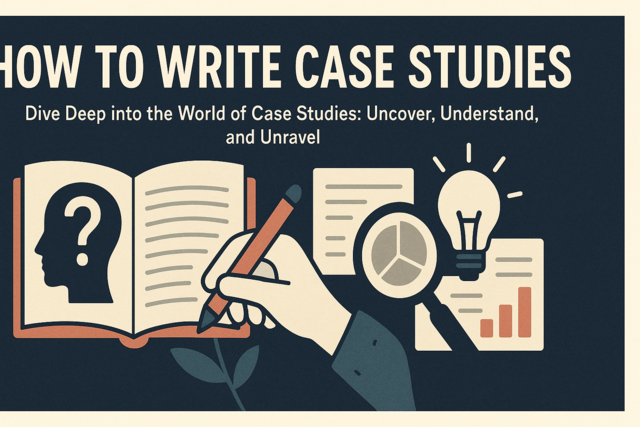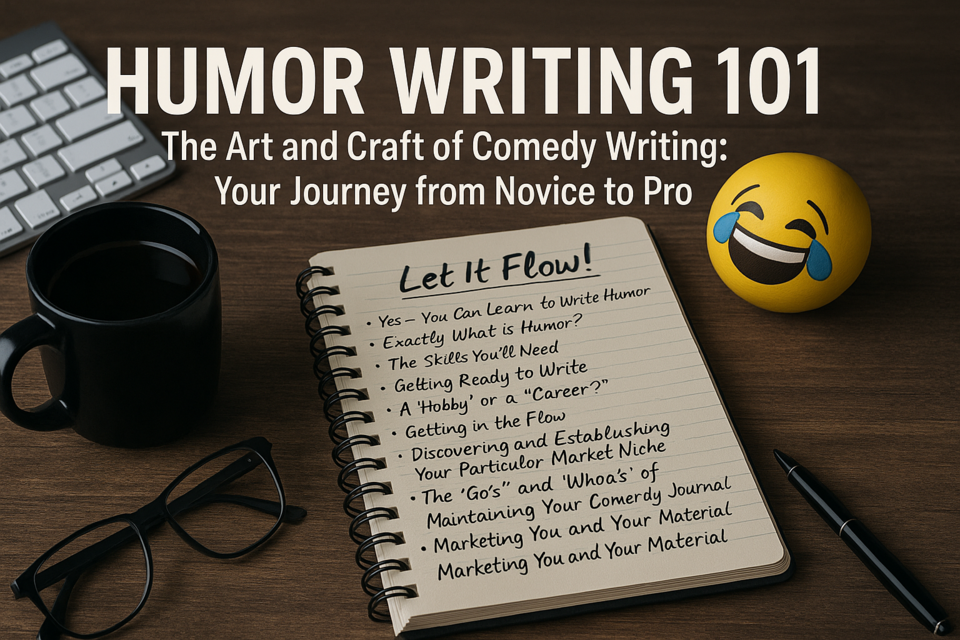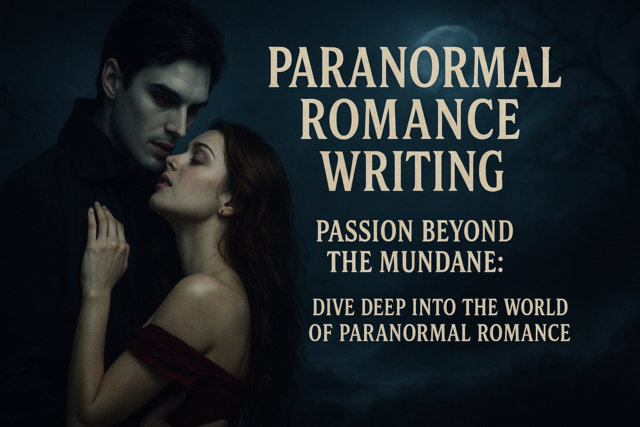Historical Fiction Writing
Unleash the Past, Write Your Future

23 Hours average completion time
2.3 CEUs
23 Lessons
43 Exams & Assignments
332 Discussions
10 Reference Files
196 Articles
Mobile Friendly
Last Updated January 2026
The Ultimate Guide to Crafting Timeless Historical Fiction
Discover the magic of intertwining past epochs with creative narratives through the enriching world of historical fiction writing. This isn't just about recounting stories of bygone eras; it's about creating an immersive experience. Delve deep into a meticulous blend of factual research and imaginative storytelling, bringing long-forgotten times back to life with vividness and authenticity.
In this comprehensive course, embrace the dual roles of historian and novelist. Learn to weave tales where characters leap from being mere footnotes in dusty tomes to vibrant personalities, complete with emotions, desires, and challenges. Dive deep into an intricate realm where every costume, speech, and setting becomes an authentic echo from the past.
From understanding the very foundation of historical fiction to mastering the art of breathing life into the narratives, this course covers the vast spectrum of this genre and its numerous facets.
Course Breakdown:
- Lesson 1: Introduction to Historical Fiction - Journey to the Past
- Lesson 2: Elements of Historical Fiction - Foundations of the Genre
- Lesson 3-4: Delving into Sub-genres - Mysteries & Romances of Yore
- Lesson 5: Classic Historical Fiction and Beyond - The Timeless Tales
- Lesson 6-7: Crafting Characters & Evocative Settings - Bringing Stories to Life
- Lesson 8: Fiction vs Reality - Striking the Perfect Balance
- Lesson 9-11: Research Essentials - The Backbone of Authenticity
- Lesson 12: Engaging with Experts - Gleaning Wisdom from Historians
- Lesson 13: Historical Fiction vs. Historical Fact - Finding the Truth in Tales
- Lesson 14: Ensuring Authenticity - Steering Clear of Plagiarism & Misinformation
- Lesson 15-17: Crafting the Narrative - Plotting, Conflicts, and Subplots
- Lesson 18-19: Writing Techniques - Perfecting Pacing & the Art of "Show, Don't Tell"
- Lesson 20: Polishing Your Masterpiece - Editing & Re-editing
- Lesson 21-22: Navigating the Publishing Maze - Agents & The Art of the Query Letter
- Lesson 23: Wrapping Up - The Path Forward
As you traverse through each lesson, gain insights into the intricate elements that make a historical fiction piece stand out. Explore various sub-genres, dive deep into character motivations, map out captivating plots, refine your writing with editing masterclasses, and set forth confidently in the publishing realm.
By the end of this course, you won't merely understand historical fiction-you'll be adept at crafting tales that resonate with authenticity and timeless appeal. Enroll now, and embark on a journey that seamlessly marries the past with the present, creating narratives that future generations will cherish.
- Mastering diverse story structures and arcs
- Refining pacing techniques for dynamic narratives
- Developing vivid
- believable characters
- Navigating ethical storytelling challenges
- Honing research skills for contextual depth
- Enhancing narrative authenticity with historical accuracy
- Creating evocative
- immersive settings
- Perfecting the art of showing
- not telling
- Understanding the publishing process for historical fiction
- Crafting compelling
- multi-layered plots
- Balancing fact and imagination in storytelling
-

Mystery Writing
-

Writing Help Course Bundle
-

How to Write Case Studies
-

Paranormal Investigation 101
-

Travel Writing 101
-

Creative Writing 101
-

Advertising, Marketing and Sales Writing
-

Advertising Copywriter
-

Writing the Great American Short Story
-

Creative Writing for Beginners
-

Screenwriting 101
-

Nonfiction Writing 101
-

Writing Effective Emails in the Workplace
-

Humor Writing 101
-

Freelance Writing 101
-

How to Write Short Stories for Children
-

Creative Writing Workshop
-

Write to Win: Secrets of Persuasive Writing
-

Journalism 101
-

Poetry Writing 101
-

Paranormal Romance Writing
-

Writing Women's Fiction
-

Novel Writing 101
-

Romance Writing
-

How to Write a Short Story